Blog

“Sorry, we can’t go out to dinner tonight. Thanks for the invite though.” This became our standard reply when our young adult church friends asked us to go out most weekends. I might as well have told them the truth. “We’re married and budgeting together now and are cutting out lots of extras so we won’t be eating out much at all for the next several years.” The year before we got married, we had taken Ramsey’s FPU class at church. Neither of us felt we were “bad” with money, and yet we wanted to do better with money. Not long after we got married, we made a goal of paying down our home so we could build a home outside of the very small neighborhood we lived in. We didn’t know it at the time, but this goal of paying down our home would later allow me to leave my job to stay home with my firstborn son when he was a few years old. We became so focused on paying off the mortgage for the next several years. In hindsight, we felt like we said no to so many things during that time - eating out with friends after church, taking a nicer trip or family vacation outside of our usual yearly trip to the mountains, replacing an older vehicle that was starting to have lots of problems with another older one that didn’t really suit our needs but was a cheaper option at that time. I wish someone had told us then to chill out just a little! As I’ve reflected on our financial journey as a married couple, the first decade we were mostly stuck in an “all or nothing” mentality when it came to budgeting and how we viewed our finances. Like many people, we had the thought that good money management meant 100% focused on our goals; otherwise, we would be going in the opposite direction. Little by little since meeting that first big financial goal several years ago, we’ve realized how exhausting it was at times to be so goal oriented. We were clearly going to meet our goal, but maybe we would have enjoyed life a bit more if we had relaxed some. We needed better balance between focusing on our goal and being flexible enough in our budget to account for some spontaneous fun. The thing is, I didn’t even realize we had been stuck in this all or nothing thinking until a few years ago! As I’ve learned and applied more coaching skills with my clients, received coaching for my own business, and have grown alongside my husband, I’ve noticed a shift in our mindset around money. We no longer see managing money as all or nothing. No more bare bones or rice and beans mentality. There’s freedom in spending in a way you can afford, on what matters to you, without the guilt! We thought we liked budgeting back then, when we were hyper-focused on our goal, and the past few years of finding this balance has felt even better. We’ll never go a week without our plan for our money. If you’re tired of feeling like your finances have to be one extreme or the other and think budgeting has to be restrictive and boring to meet your goals, then I’m here to offer the middle. In this middle, you learn how to spend and save intentionally, on things that matter to you, while having the freedom to also spend in a way you can afford without the guilt. It’s been so freeing to learn this and I love helping my clients learn to manage their money without the all or nothing mentality too. You don’t have to give up all the things you enjoy in order to save or pay off debt. It’s possible to do both. Here’s how to budget without the rice and beans mentality: Focus on WHY you want to budget and get control over your finances. Is it because you want to be less stressed, on the same page with your spouse, able to do something that you can’t do right now with the current low savings or high debt? Getting clear on WHY and having a strong why is the best motivation for sticking to your plan. …. And you don’t have to be so restrictive. YOU get to choose the numbers you use. What’s your goal and timeline? Are you wanting to pay off that high interest credit card debt as fast as you can? Or do you want to save and finally have an official emergency fund over the next several months? Based on the timeline you’re aiming for, what do you need to do to achieve that? Do you want to trim back or go bare bones for a few months to knock it out quickly? Or would you still meet your goal if you budgeted in a little fun along the way? Budgeting in fun is also a grea t way to stay motivated. What numbers do you need to budget for in order to meet that goal and timeline? You get to choose the spending limits. You can make them more restrictive for a time as needed or you can allow more flexibility. You can decide eating out isn’t that important to you so you’re willing to decrease spending for a time in this area. This allows you to put more money towards your goal each month. There’re no right numbers. Only numbers that work best for you and your family. I’ve seen it time and again with our budgeting for well over a decade now and with dozens of clients. Budgeting can be fun and it doesn’t have to feel restrictive! You can be intentional with your spending and still enjoy your life too. And when you find that middle ground? You don’t have to worry about sticking to a budget. You’ll want to stick to your plan because it’s that freeing, fun, and rewarding. You won’t go another week without it.



